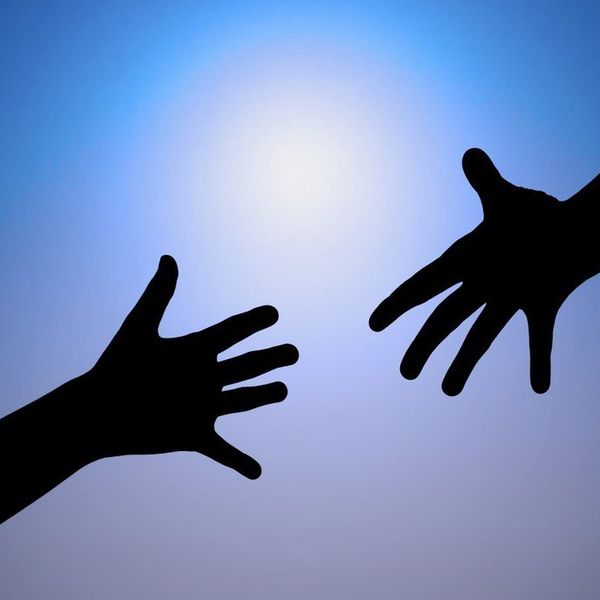“How are you?”
“I’m tired, how about you?”
“Same.”
I have this brief conversation, at least, a dozen times a day. I sometimes change it up to “I’m exhausted” for added emphasis, but I always mention that I’m tired when asked about my general well-being. And it’s not just me. I’m willing to bet at least 70 percent of the people I talk to in an average week will nod in agreement to my statement of “I’m tired.” Heck, I’ve said the word ‘tired’ so much, it doesn’t even register as a real word anymore.
I’m tired of ‘tired’. It’s an exhausting word. It’s boring, bland, and frankly untrue most of the time that I use it. In college, “tired’ has replaced the words ‘good’ or ‘fine,’ which are also boring words. They are used to relate similar experience, to sympathize with other people on the surface level. We fluctuate between several different physical, mental, and emotional states in a given day, or even in any given moment. So then why is ‘tired’ the first thing to pop up in my mind as the general reaction to how I’m feeling?
There is the fact that I’m having these kinds of conversations with all college students. That’s a commonality I share with almost everyone on campus. College eventually leads us to experience extremely high amounts of stress, and at least in my experience, stress and anxiety don’t make for restful nights. Don’t say you’ve never had a single stressful experience in college, because you’re lying.
The word ‘tired’ just seems the appropriate term for any time I use it; the mornings I roll out of bed just a little too late and rush to my first class, or the 30 minute lunch breaks I have between a two-hour lab and an hour and a half media seminar before a three-hour work shift. In terms of sleepiness, I could have all the rest in the world, wake up feeling refreshed, and I still will nod in agreement when someone tells me how exhausted they are.
And maybe that’s just it. Collectively, we are tired for different reasons, and it gives some common ground when we relate our experiences through a single word. By saying it out loud, we gain justification from friends, classmates, or even complete strangers.
Then there’s another dilemma I face in this awkward conversation: what do I say next? When we’ve established common ground that the world we live in is exhausting, and we both feel that in this particular moment, maybe some head nodding is the best response. It shows that maybe we’re too tired to continue the conversation. But we understand each other and life goes on, just as tiresome as before.
I know that unless I seek help or advice on my sleeping habits or my stress levels, I do not want to be interrogated about how much sleep I’m getting, or how to de-stress. If I reply with ‘I’m tired’ or something similar, sometimes the aforementioned head nod or ‘that sucks’ will suffice. A ‘me too’ also works, if you’re feeling the same way.
Another thing we can do is to avoid this conversation altogether. Maybe we are all so exhausted because of overusing the very word until it’s meaningless and boring. I want to be able to answer the question ‘how are you?’ with more than ‘tired’, or ‘fine’. Maybe taking a second to think about how I really am, whether stressed, excited, sleepy, annoyed, bored, the list goes on. Let someone know how you really feel, and conversations become more interesting.
Let ‘tired’ be laid to rest.
























